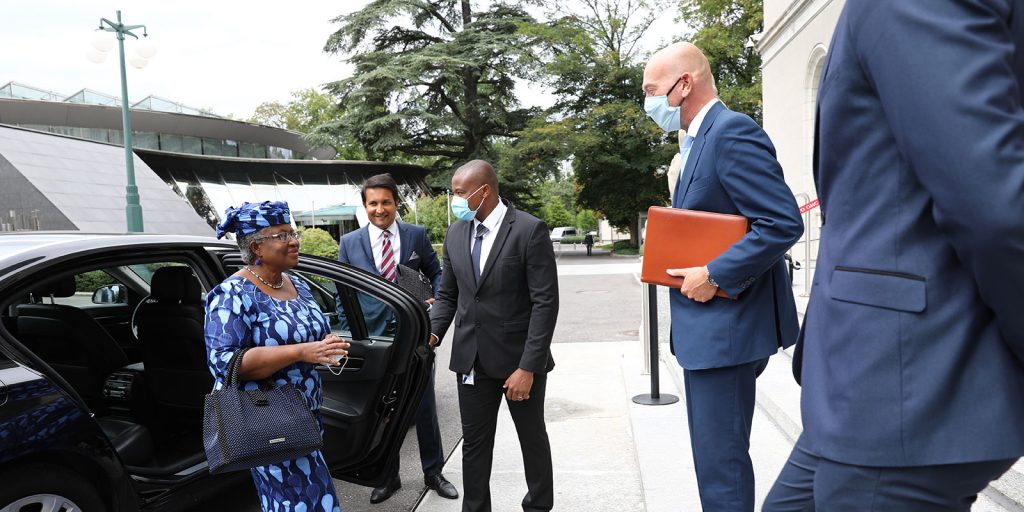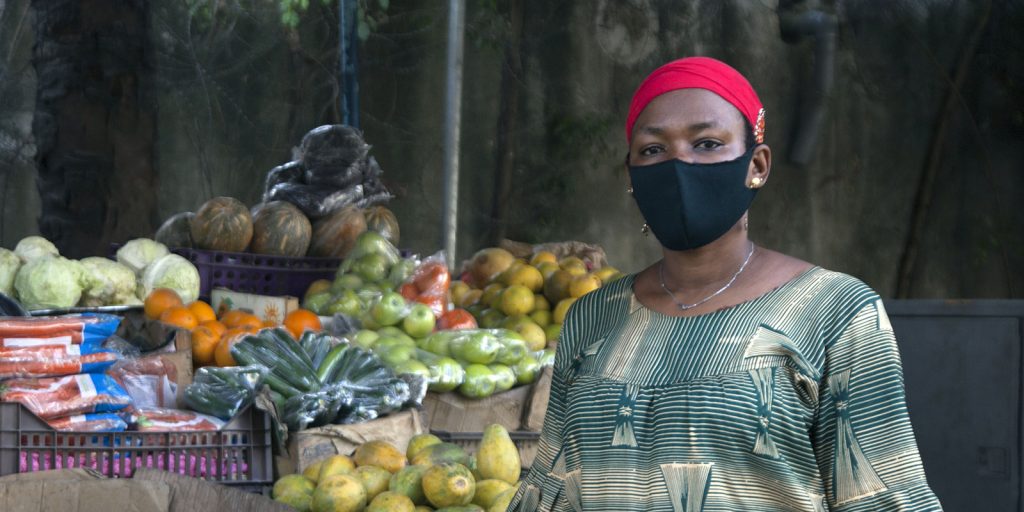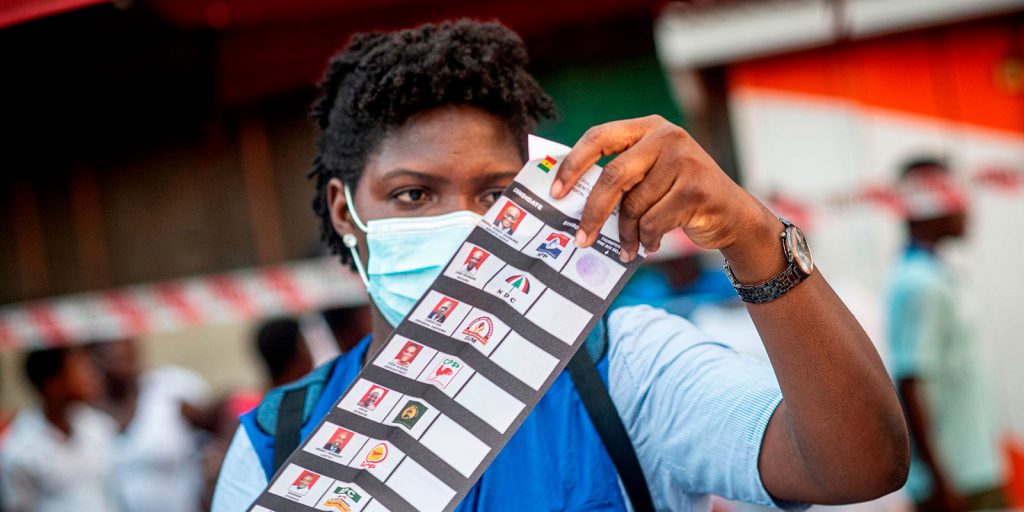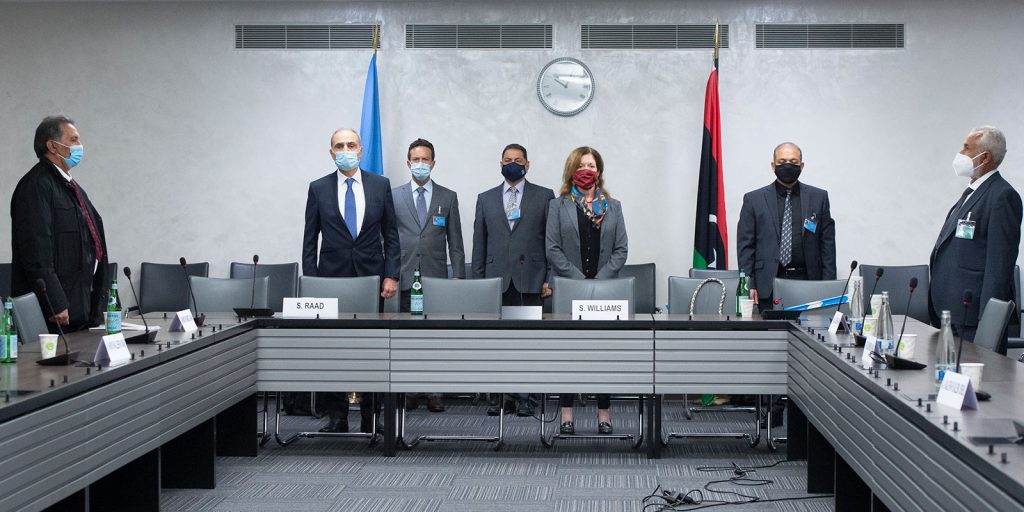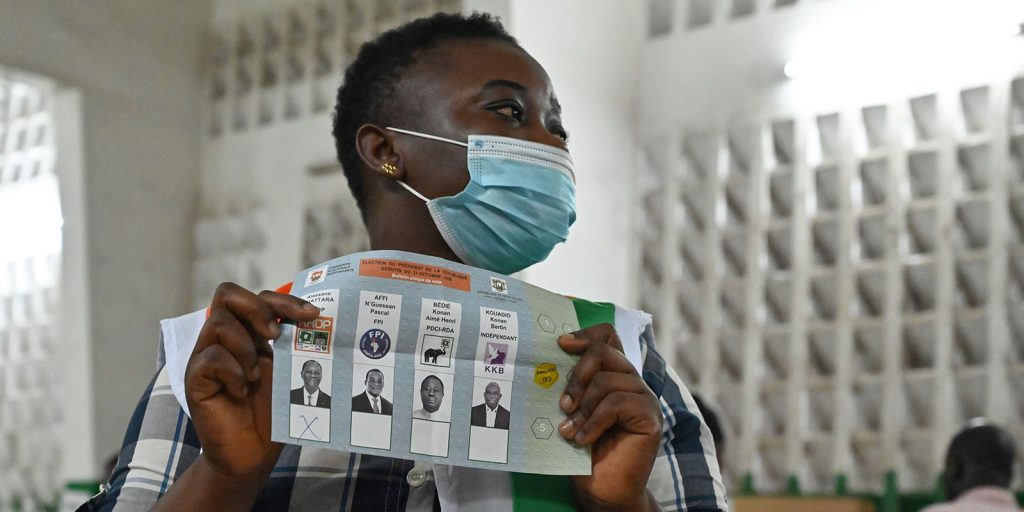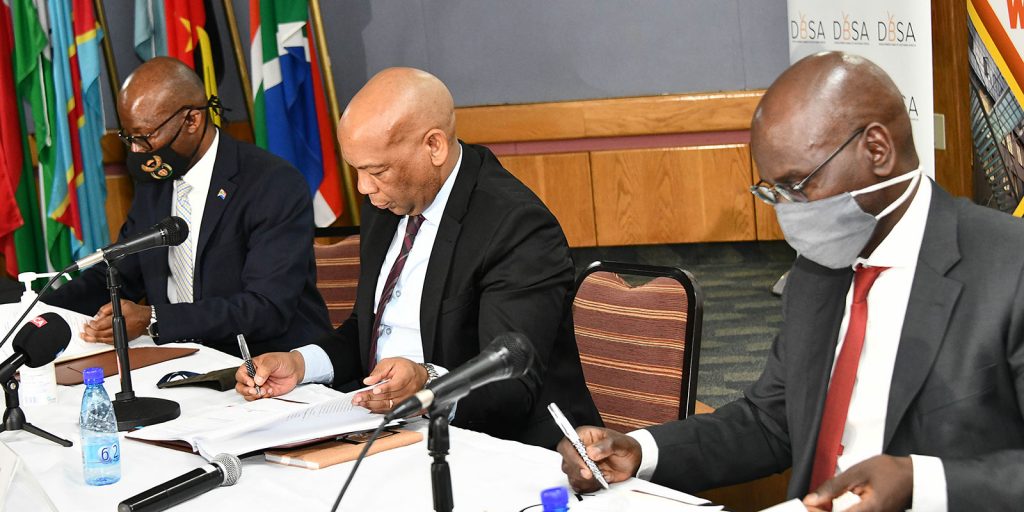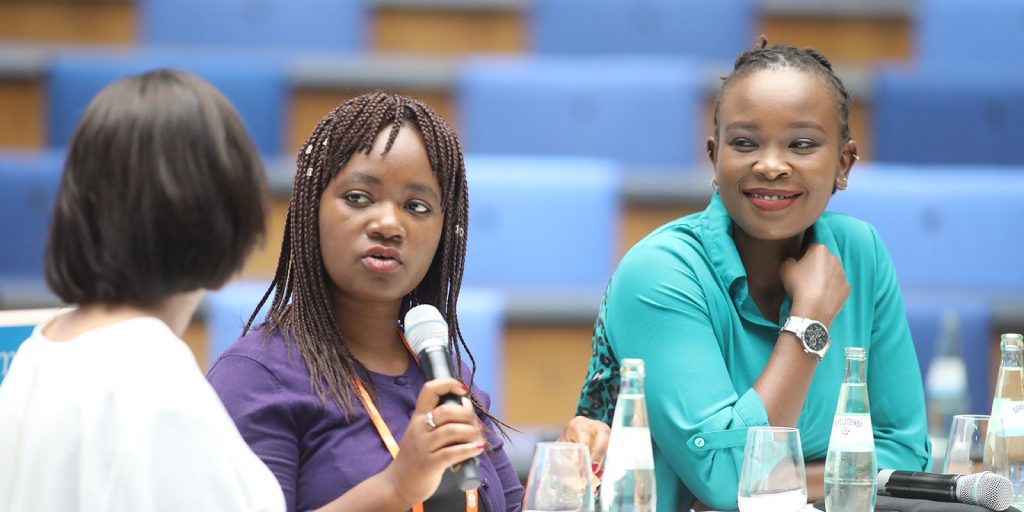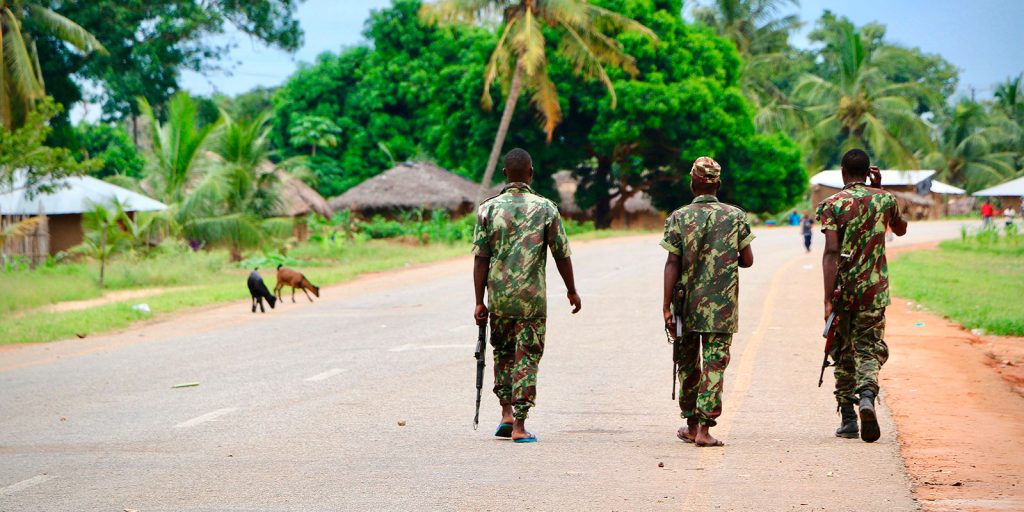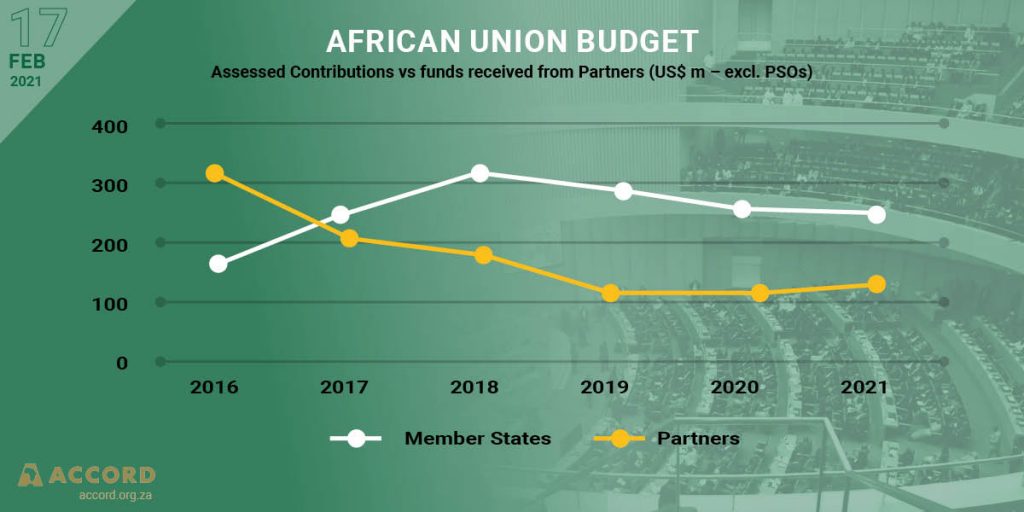
The 34th summit of the African Union: COVID-19, New Leadership and Africa’s Arts
The 34th ordinary session of the African Union (AU) Assembly took place without the usual fanfare. Held away from the gaze of the public via an online platform courtesy of the COVID-19 pandemic, the AU summit set by design a very limited agenda. Apart from the transition of the leadership of the AU Assembly from South Africa’s President Cyril Ramaphosa to Felix Tshisekedi of the Democratic Republic of the Congo (DRC), and an update on the institutional reform of the AU, the summit focused, in the main, on the election of the new leadership of the AU Commission and Africa’s response to the COVID-19 pandemic.

